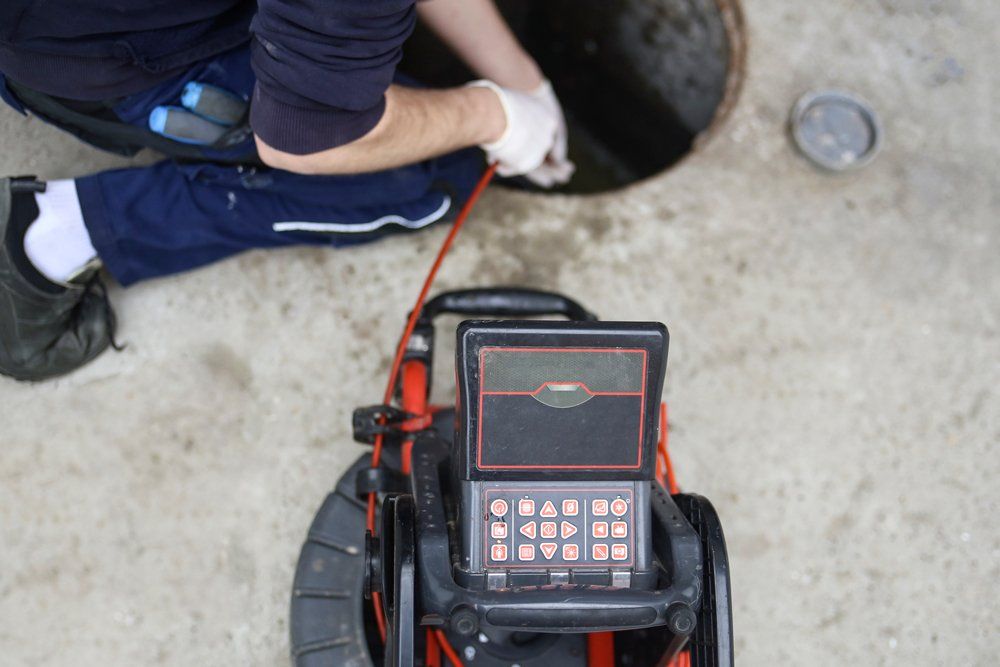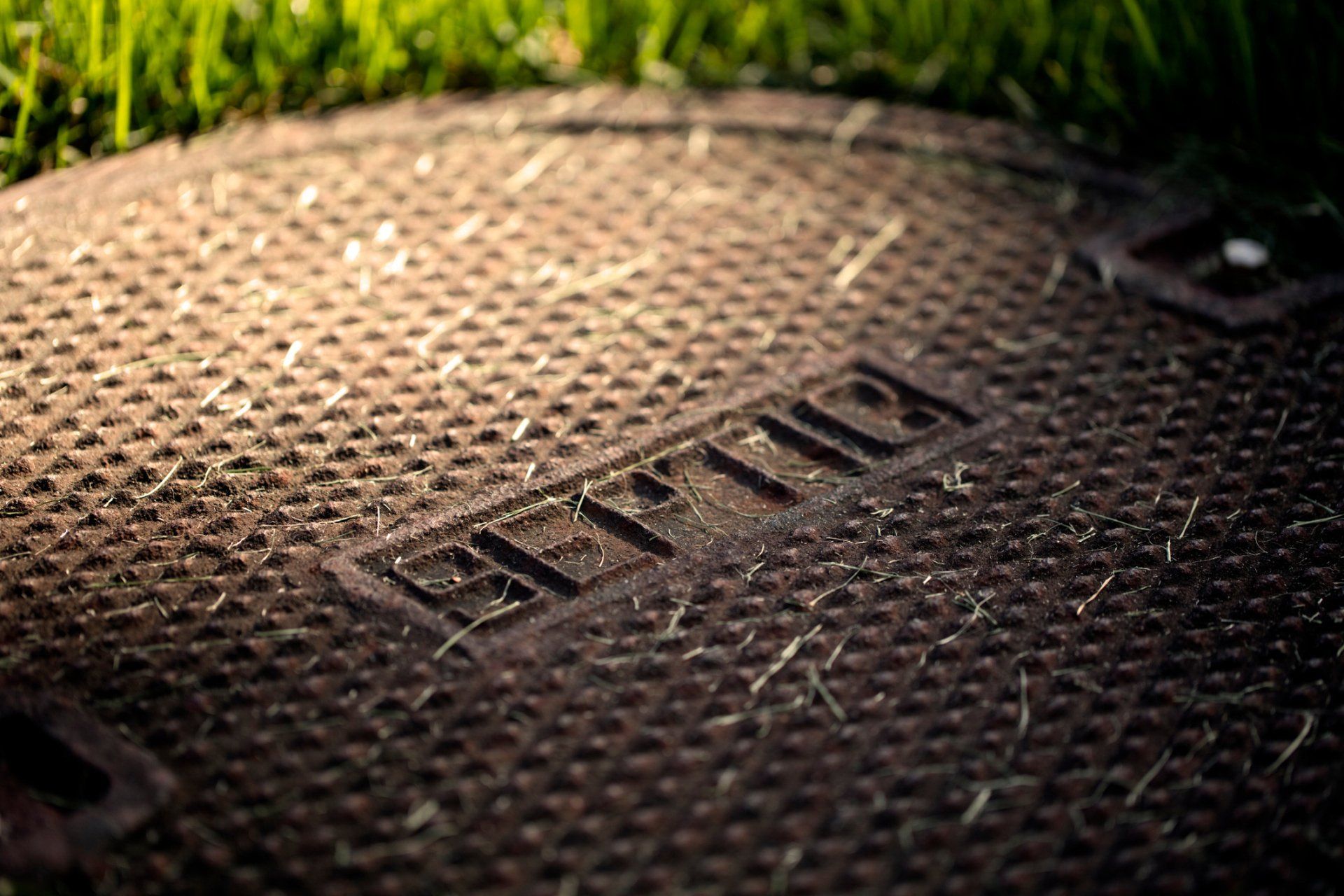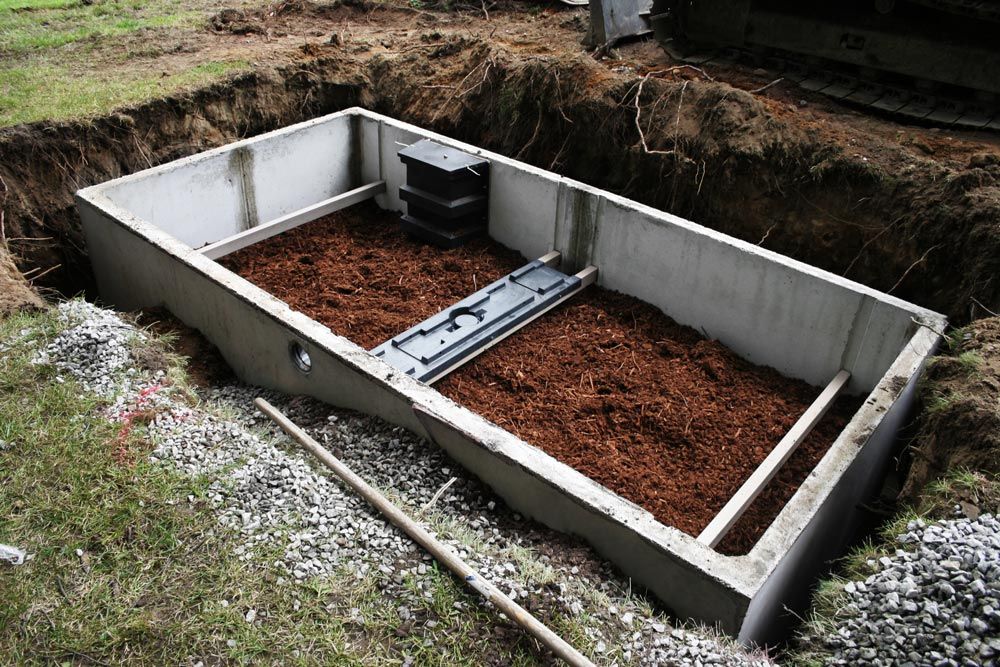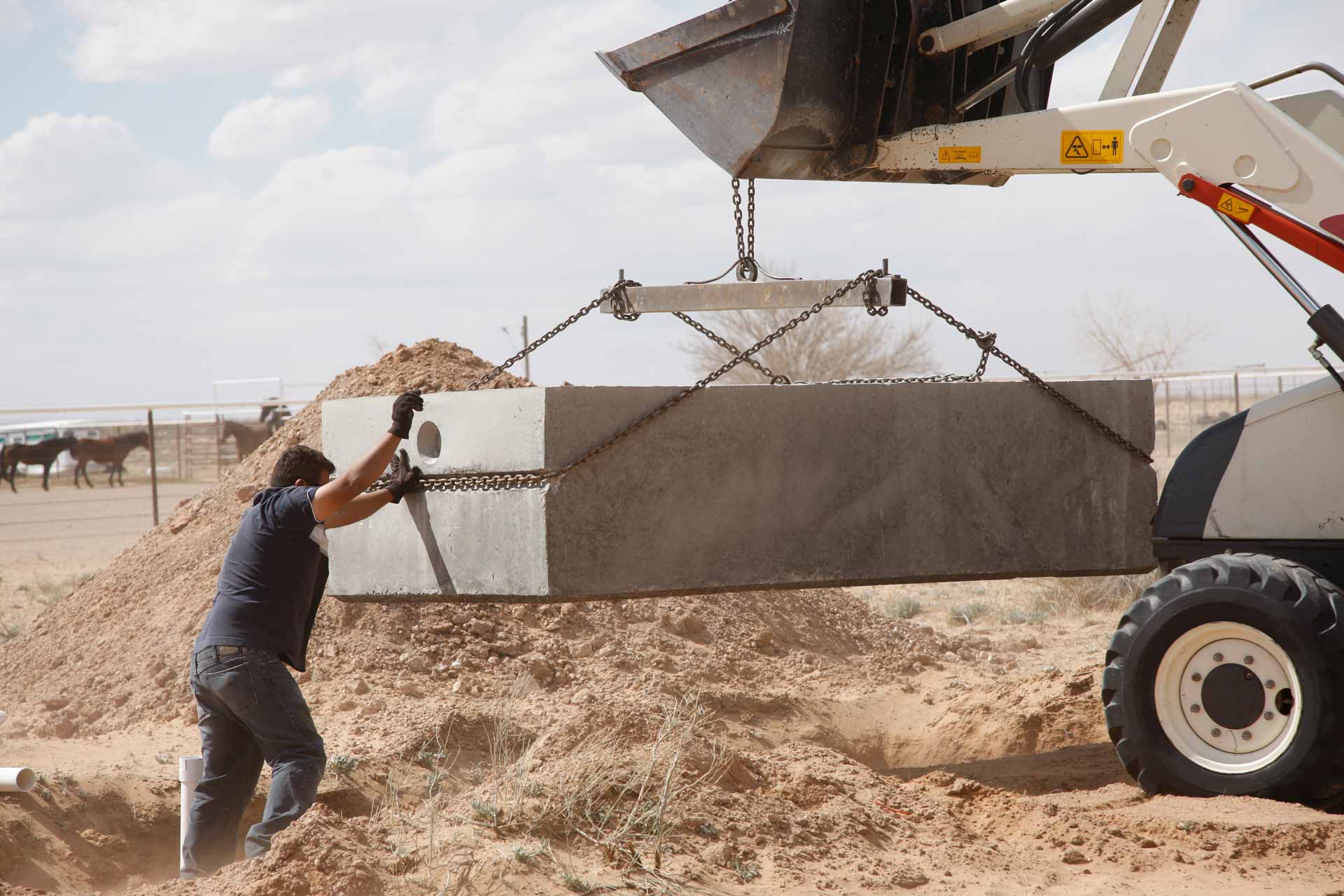3 Surefire Signs Your Septic System Is Failing
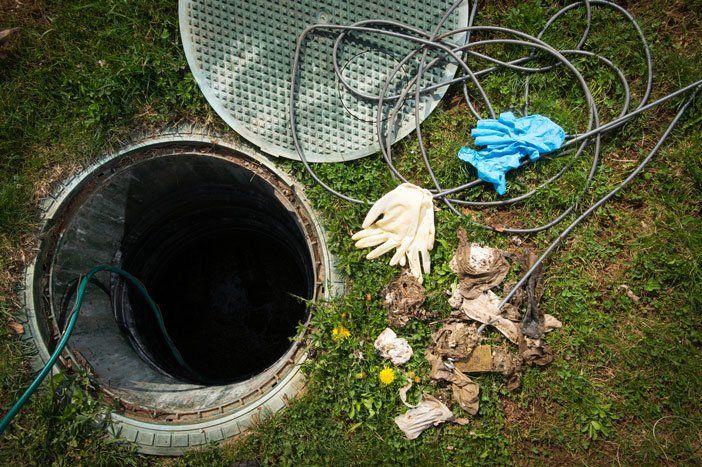
Owning a house can be challenging at times. From the initial purchase to moving in, it is easy to see the overwhelming nature of home ownership. While certain tasks may be considered priorities, focusing on your home's septic system is imperative. Not only is the septic system crucial for removing waste from your home, but it is also important for protecting your home from hazardous health conditions.
In addition, a failing septic system increases your risk of serious water damage, which will be costly to repair. To ensure your septic system is in proper working condition, understanding the signs of distress is key. With this guide and the help of your plumbing professionals, you will learn the signs your septic system is failing.
Soggy Ground
If your area receives a lot of rain or your climate is constantly humid, then your lawn may stay damp a lot of the time. However, if the area around your septic tank or pump is constantly damp and soggy, then you likely need to address an underlying issue immediately.
Constant use will cause your septic tank to overflow with water and waste over time. This is normal and unavoidable, but the system is designed to handle the heavy flow of both water and waste.
If the tank becomes overloaded with water and waste, an alarm should signal, alerting you to have your septic tank pumped. In some instances, the alarm may fail, causing the tank to overflow into your yard.
Your tank will need to be pumped immediately if the alarm has signaled or your yard is damp and soggy. Pumping will remove the buildup of waste inside the septic system, and ensure that the waste and water will flow through in an efficient and safe manner.
Slow Drainage
As a homeowner, you will most likely face clogged toilets, sinks, and shower or tub drains periodically. These clogs are normal due to the flow of water, hair, and food down these drains. Unclogging the drains is possible using boiling water, a plunger, or a plumbing snake. However, you should address drains that continually clog.
Slow drainage or constant clogs is most likely due to an underlying septic issue. Waste that builds up in your plumbing and septic lines can back up into your septic tank, increasing the risk of flooding and failure.
If you are experiencing slow draining and constant clogs, have your plumbing and septic systems inspected professionally. Clearing the lines and pumping the septic tank can restore the systems back to a healthy and functional state.
Rotten Egg Smell
If you notice a smell coming from your septic tank that is similar to rotten eggs, your first inclination may be to panic. While it is definitely something to document and address, the odor is actually more common than you think.
As food, grease, human waste, and other debris combine together in your septic lines, different gases will form and seep out of the tank. When you notice the smell of rotten eggs, it is most likely due to the presence of hydrogen sulfide. If your tank is backed up or leaking, you will notice the odor is more frequent and stronger.
Again, pumping the tank is your best option for eradicating the gas and the unappealing odor. But proper understanding will help you know how to address a failing septic system.
If you just bought a house and you're worried about your septic system, contact the friendly professionals at Pete's Outflow Technicians today. We can perform inspections and repairs on your septic system and will help you in any way we can.

